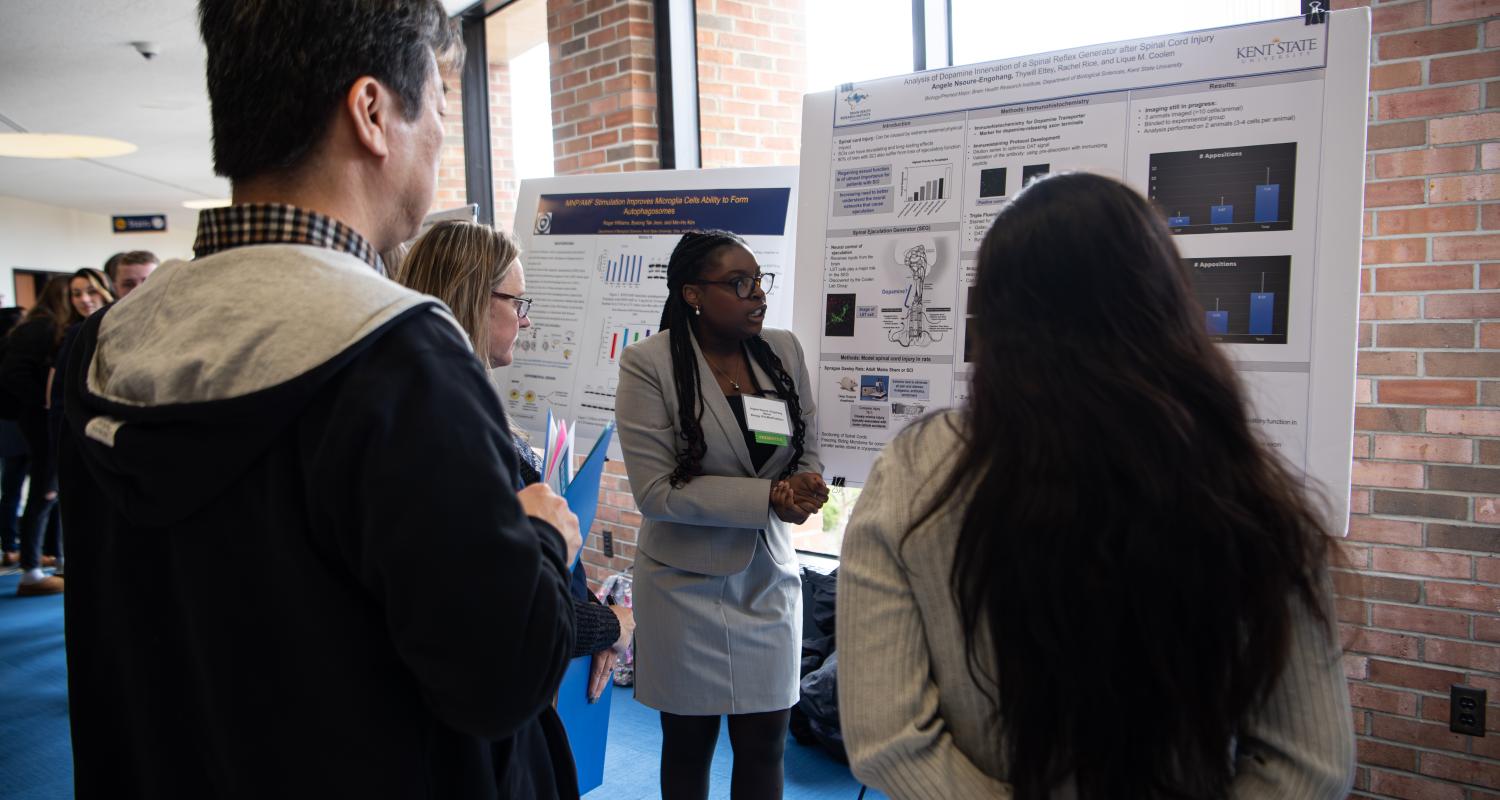Complex Questions, Courageous Answers
All of the programs in the School of Multidisciplinary Social Sciences and Humanities encourage student research. Because our programs are multidisciplinary, the questions researched are often complex, requiring students to engage with cognate fields like sociology or political science, utilize various methodological tools, and develop sound communication skills that allow the conveyance of their empirical findings. While these research questions typically engage complex and interacting dynamics, students in SMSSH obtain the skillsets necessary for rigorous data collection, methodologically sound data analysis, and communication of findings. Faculty in SMSSH often work with Honors Students on their theses, with SURE students on their undergraduate research, and supervise research presentations.

Black Lives Matter became a global call for action. But the organizing was very local. How and why do local anti-racist movements gain traction around the globe?
The celebration of lived experiences, both those of the past and those wished for the future, is often visible in the art, literature, and communal practices of immigrants. What can we learn about the migration experience from these cultural expressions?


Why and how does anti-Semitism persist? What sorts of policies have succeeded in the past in mitigating the impact of these organizations?
Individuals often make purchasing decisions based on their sentiments about the corporation or manufacturer. There are even apps now available that help consumers identify products not tested on animals, for instance. How does what we buy impact human rights? Does the consumer have any power to influence corporate decisions?

LGBTQ+ pride parades have evolved from declarations for freedom that entailed great personal risk to incredibly popular events with very little risk to participants. How does this evolution happen?
The rights of women, both as written on paper and as protected by institutions and norms, continue to be a point of contention. Why are some countries so committed to the rights of women, while some refuse to acknowledge them?

Genocides have been committed against many religious and ethnic people. How can we explain these simultaneous choices of extreme silence and extreme violence? How have religious teachers contributed to these discourses during war time?

